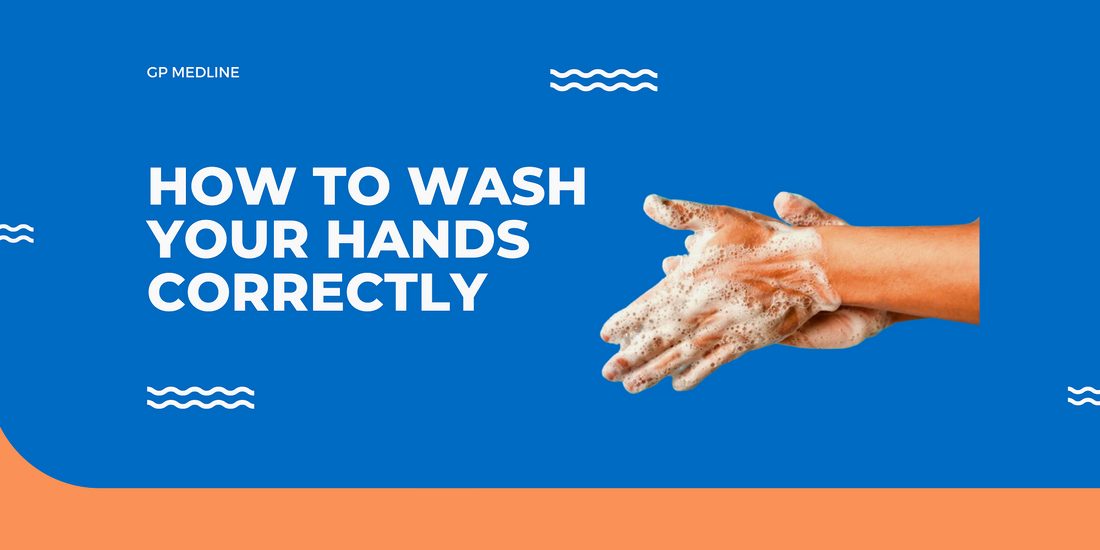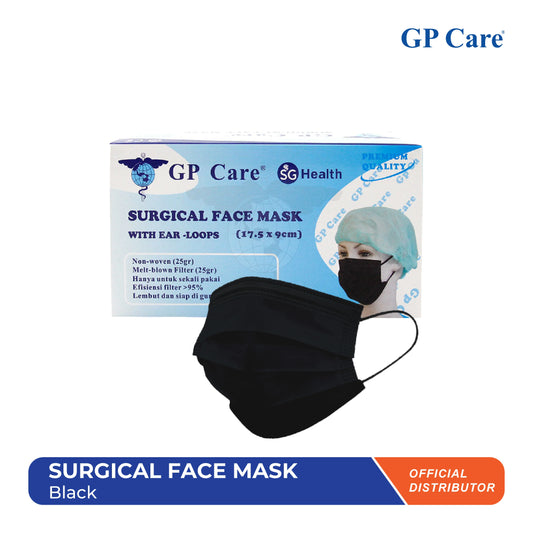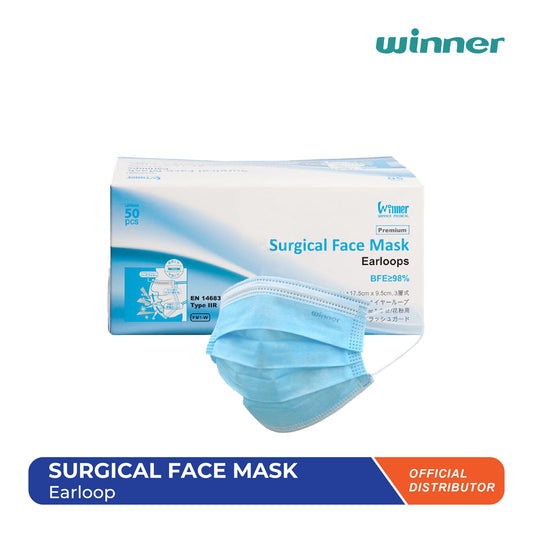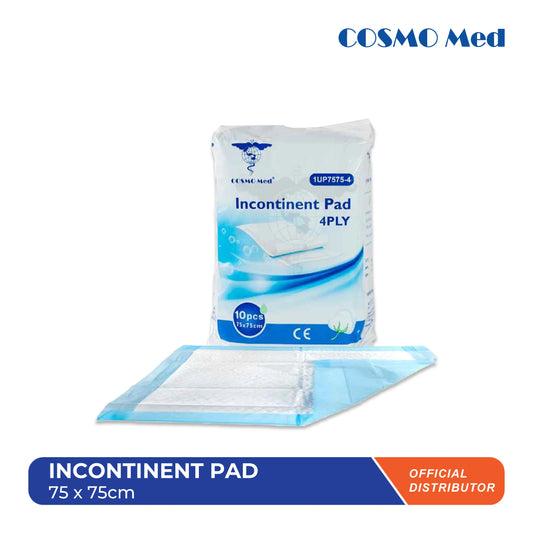Hand washing is one of the simplest and most effective ways to prevent the spread of infectious diseases. This fundamental practice, often overlooked, plays a crucial role in maintaining personal hygiene and public health. In this detailed guide, we will explore the importance of hand washing, the proper techniques, and the numerous benefits it offers.
Washing Hands According to WHO
Washing hands must be done properly so that germs disappear. Therefore, there is a correct way to wash your hands according to WHO.
- Wet both palms at mid-arm level using running water, take soap then wipe and rub both palms gently
- Wipe and rub the backs of both hands alternately
- Don't forget your fingers, rub between your fingers until they are clean
- Clean your fingertips alternately by closing them
- Rub and rotate both thumbs alternately
- Place your fingertips into your palms and rub gently
- Clean both wrists alternately by rotating, then finish by rinsing all parts of the hands with clean running water then dry using a towel or tissue.
The Importance of Hand Washing
Hand washing removes dirt, bacteria, viruses, and other harmful pathogens that can cause illness. It is especially important in preventing the spread of infectious diseases such as the flu, common cold, and COVID-19. By washing your hands correctly, you significantly reduce the risk of transmitting these pathogens to yourself and others.
According to the Centers for Disease Control and Prevention (CDC), proper hand hygiene can prevent approximately 30% of diarrhea-related sicknesses and about 20% of respiratory infections. Regular hand wash is particularly important in healthcare settings, food preparation areas, and when caring for someone who is ill.
Read Also: What is Hand Sanitizer? Benefits and Types
Benefits of Washing Hands
Washing hands is a simple yet powerful practice that plays a vital role in maintaining personal hygiene and preventing the spread of infectious diseases.
Prevention of Infectious Diseases
The most significant benefit of regular hand washing is the prevention of infectious diseases. Pathogens such as bacteria, viruses, and fungi can easily be transferred from surfaces to hands and subsequently to the mouth, nose, or eyes, leading to infections. Proper hand washing helps eliminate these pathogens, reducing the likelihood of illnesses such as the common cold, flu, gastrointestinal infections, and more serious diseases like COVID-19.
Protection of Vulnerable Populations
Certain populations, such as young children, the elderly, and individuals with weakened immune systems, are more susceptible to infections. Regular hand washing can help protect these vulnerable groups by reducing the spread of harmful germs within households and communities. This is especially important in settings like schools, daycare centers, and nursing homes.
Improvement of Public Health
Widespread hand washing contributes to better overall public health. When more people practice good hand hygiene, the transmission of contagious diseases within communities is minimized. This collective effort can lead to fewer outbreaks and a healthier population, reducing the burden on healthcare systems.
Prevention of Antibiotic Resistance
Frequent hand washing can help prevent the spread of antibiotic-resistant bacteria. By reducing the incidence of infections, there is less need for antibiotics, which helps combat the growing problem of antibiotic resistance. This is crucial for maintaining the effectiveness of antibiotics for treating bacterial infections in the future.
Enhanced Personal Hygiene
Hand washing is a fundamental aspect of personal hygiene. Clean hands feel and smell better, contributing to overall well-being and comfort. Practicing good hand hygiene can also prevent the spread of dirt and grime, keeping the skin clean and healthy.
Conclusion
The benefits of washing hands are extensive and far-reaching. From preventing infectious diseases to promoting public health and hygiene. By making hand washing a habit, individuals can protect themselves and others, contributing to a healthier and safer community.










![Drainage / Urine Bag Rotatable Valve 2L (10pcs) - [IMPROVED]](http://www.gpmedline.com/cdn/shop/files/UB2R-Urine_Bag_Rotatable_Valve.webp?v=1753424792&width=533)




